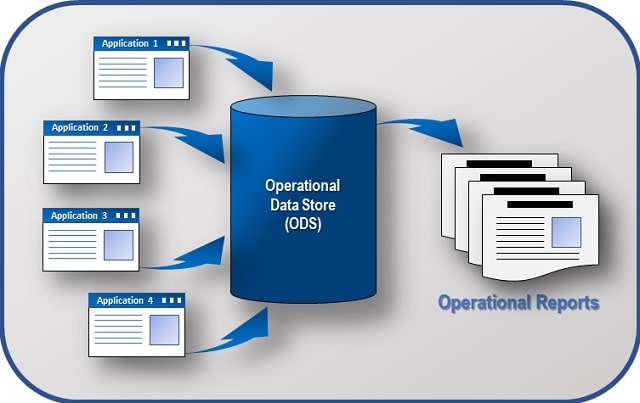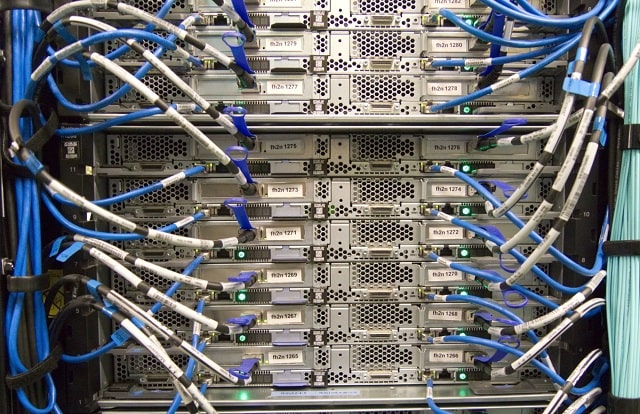
Shelfware is a term used in the technology industry for software that is purchased and then rarely ever, if at all, used. The business software just sits on the shelf collecting dust, even if it's a software-as-a-service (SaaS) program where the shelf is digital or cloud-based.
While a company may have the best of intentions for the software initially, somewhere down the line, the momentum decreases or there is no longer use for it as plans across the business change. This is especially common when an IT department is not working efficiently with the business management team and communication is less than ideal.
Research suggests that a significant portion of new tech investment is being wasted. On average, each computer in every office around the world has about $259 of unnecessary, unwanted, or unused software on it. According to a new study, businesses wasted a staggering $30 billion (yes billion!) on unused software over the course of a four-year study. Nearly £5.7 billion of this sum, is accredited to the cost of shelfware across UK businesses – an average of approximately £159 per work desktop user.
A recent discussion with MHR Analytics, a provider of financial performance management and business intelligence consultancy, found that only 4% of businesses are actively using every software licence purchased; with 20% of respondents stating that more than a quarter of their business intelligence software is lying idle on a shelf. This suggests that powerful tools are being ignored or under-utilised which means that businesses are missing out on a valuable stream of insights despite software being present within the system.
But how can using Business Intelligent tools help?
Recent reports found that 64% of business leaders who use powerful Business Intelligence software, claim it has given them a competitive edge. Not only does it help businesses to make sense of data, enabling faster, more confident decision-making, but it also offers quick access into performance insights, data patterns and relationships. This detailed level of data gives further clarity and allows enables businesses to create more accurate reports. This is a clear indicator, that not using our purchases BI software could be directly stunting the growth of your business.
Nick Felton, Senior Vice President at MHR Analytics, said: “BI software that remains in the cupboard as ‘Shelfware’ is a major waste of resources and business potential. Business intelligence software makes decision-making 5 times faster through revelatory insights that enable the transformation of an organisation. IT leaders need software and implementation partners who understand their needs better, match their exact SaaS solution requirements and are ready to provide the right level of training.
If you are a business owner who is concerned about Shelfware within your organisation, it could be time to check exactly what is and isn’t being utilised. If you have any unused BI software, now is the time to implement it within your business strategy to get the upper hand on competitors and stand out against the crowd.
Your business needs all the intelligence and tools it can get in an increasingly competitive digital marketplace driven by the new most valuable currency: data. Just don't let these software programs and SaaS solutions go to waste!



